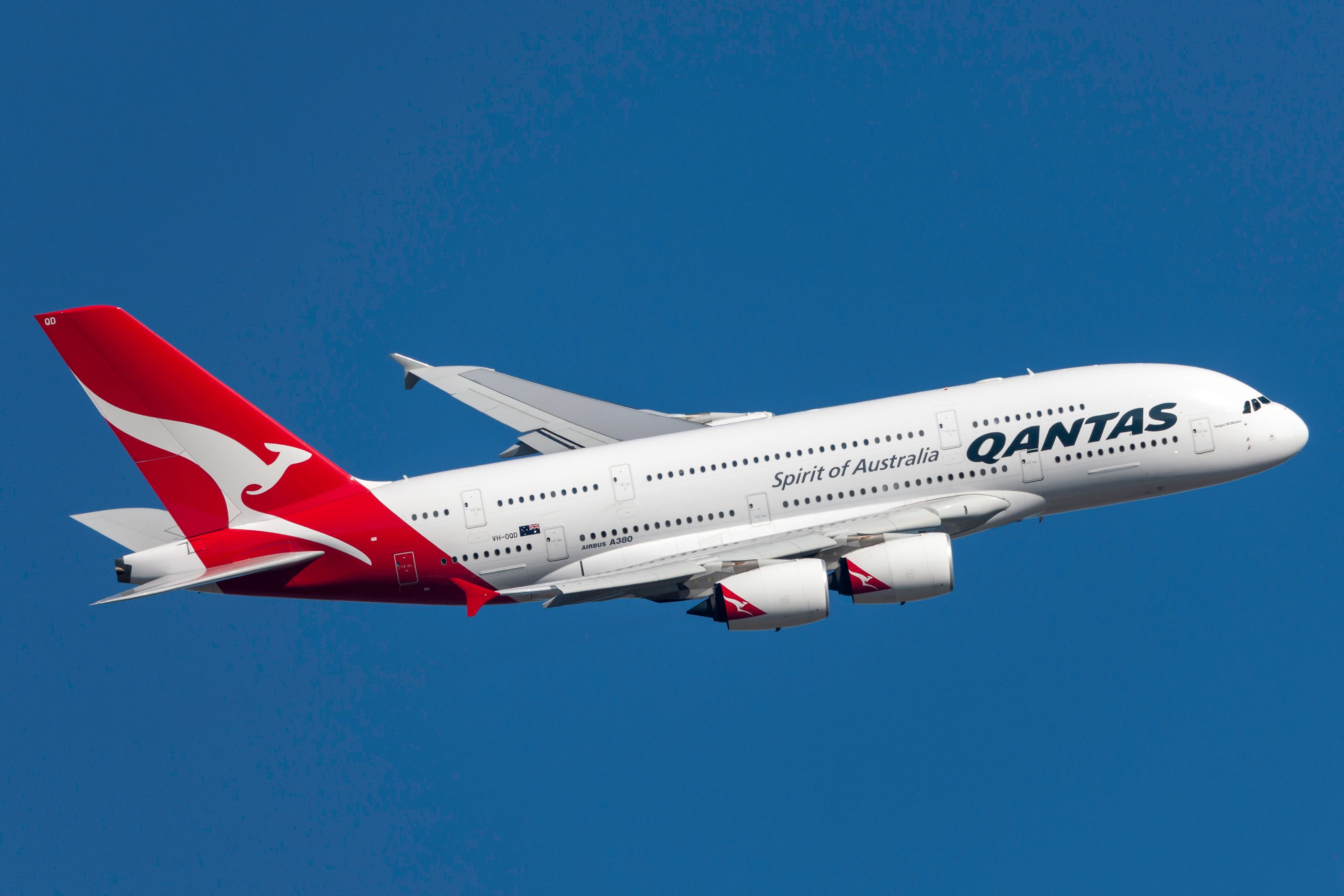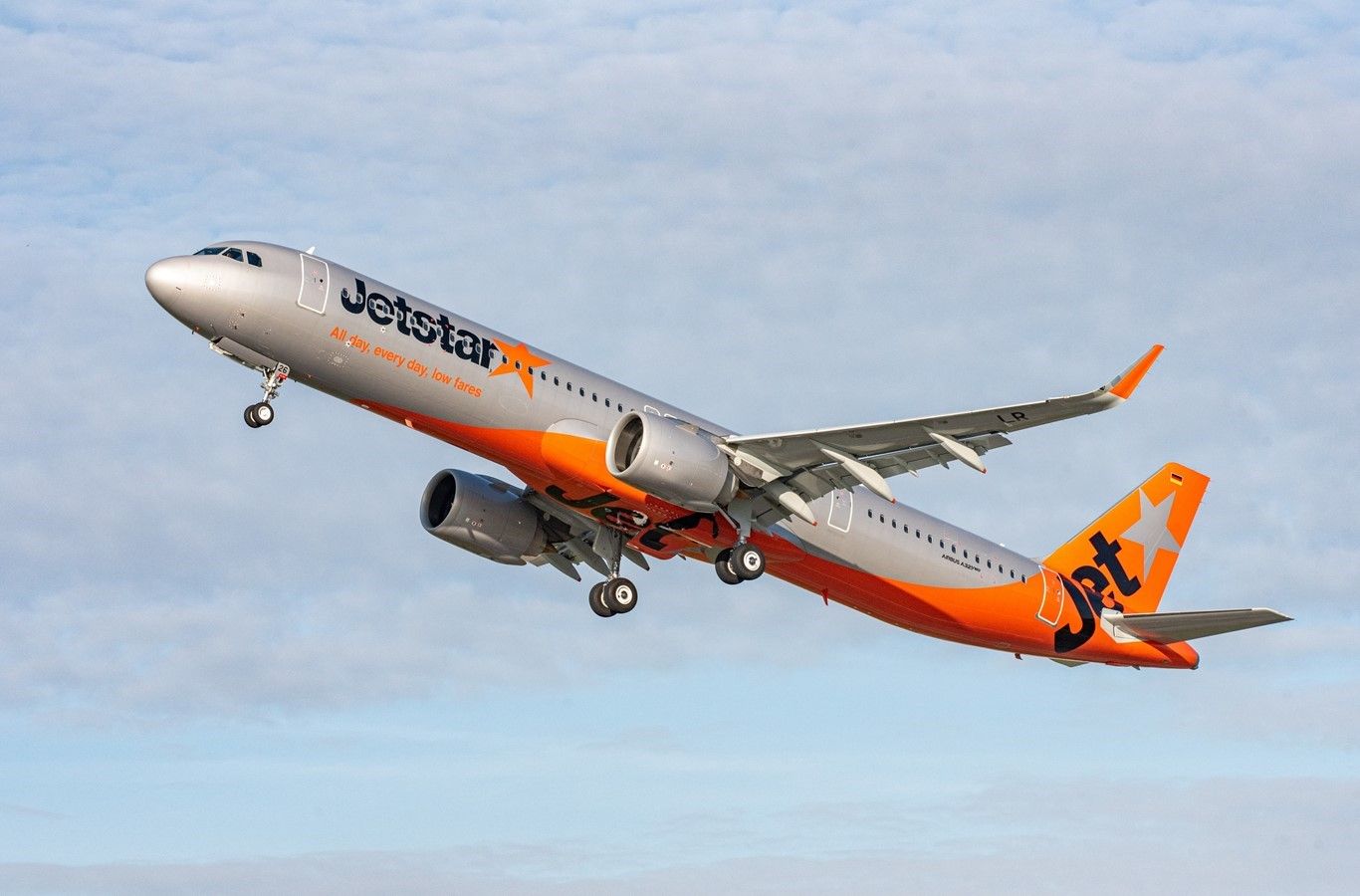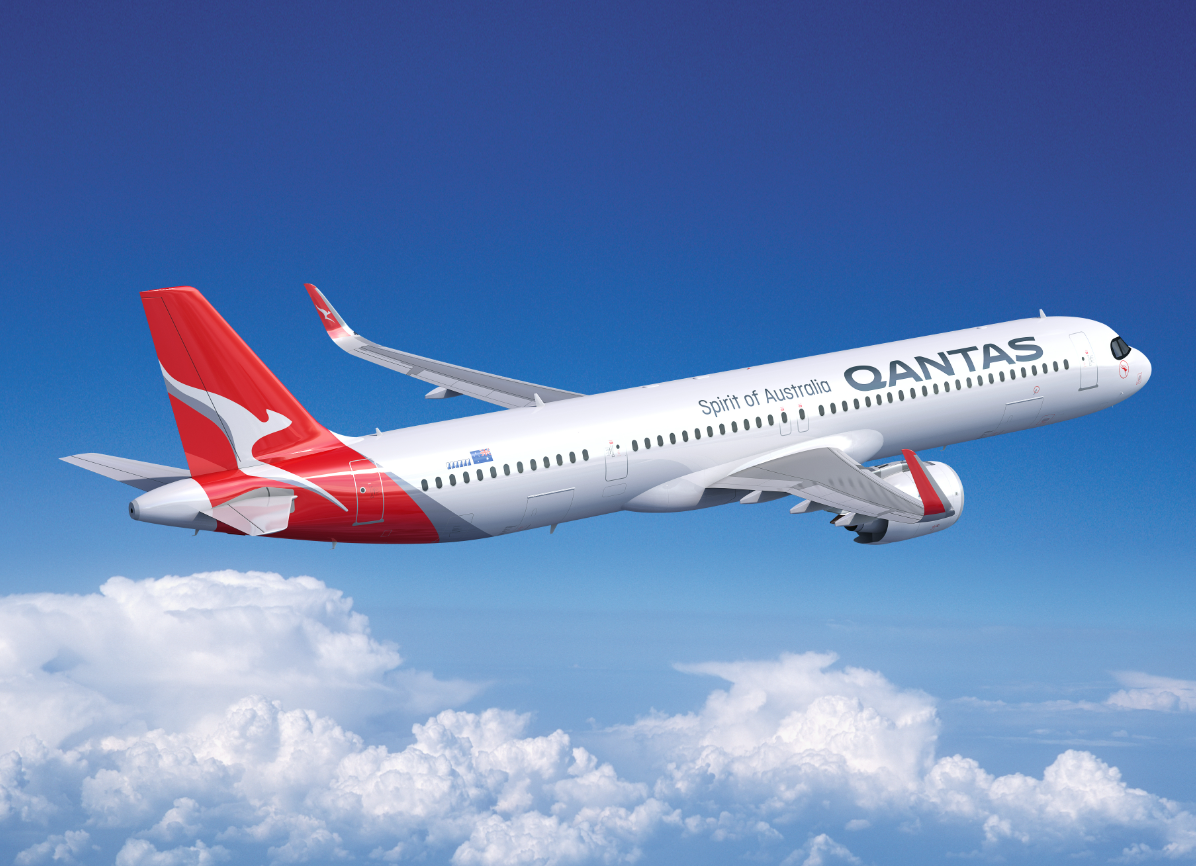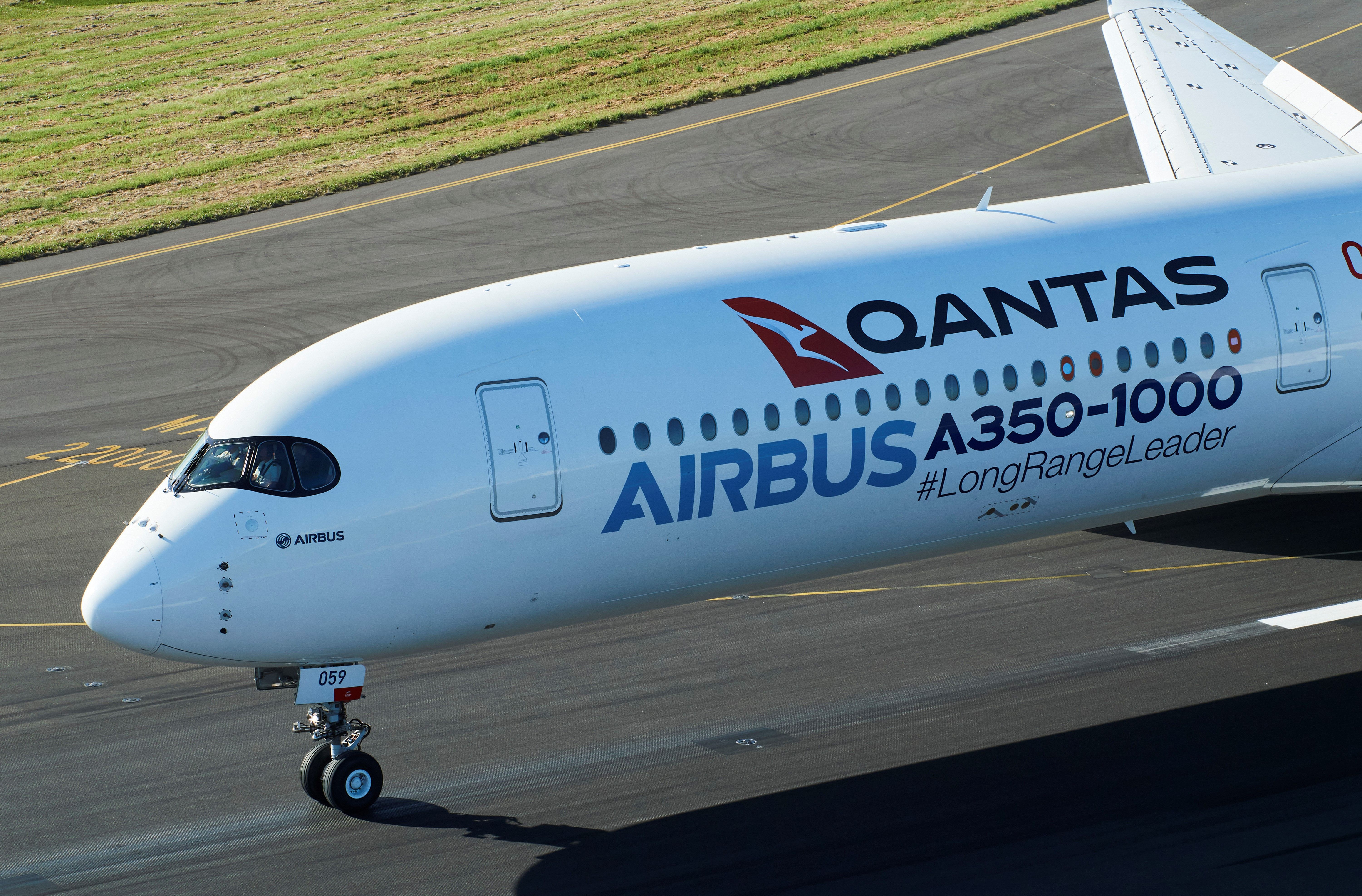Powering commercial jetliners with sustainable aviation fuel took a big step forward in Australia yesterday. Driven by Airbus and Qantas, a consortium of investors has committed AU$6 million ($4 million) to kick off biofuel production in Queensland.
Queensland is known as Australia's Sunshine State and is one of the world's major sugar cane producers. It's no coincidence that the biofuel plant will be based in the state, given that sugar cane will be one of the agricultural by-products to be turned into sustainable aviation fuel (SAF).
Concrete steps towards local SAF
Qantas and Airbus have committed to investing up to $200 million to speed up SAF production in Australia, and this facility is the first to be funded under the scheme. While cash flows in from Qantas and Airbus, jointly chipping in AU$2 million ($1.3 million), the consortium includes the Queensland State Government and other major institutional investors.
On the technical side, the SAF facility will be developed by Jet Zero Australia in partnership with US-based SAF technology company LanzaJet. The initial step is conducting a detailed feasibility study on SAF production in Australia that will utilize LanzaJet's patented alcohol-to-jet (ATJ) technology. The preliminary work also includes the early stages of project development, with construction expected to start in 2024.
Qantas is moving quickly to secure local supplies of SAF and, in the interim, is purchasing SAF from two international hubs. This includes 10 million liters for flights out of London this year, and from 2025 it will buy 20 million liters annually for flights from California.
Australia's national airline has also committed to using 10% SAF in its overall fuel mix by 2030 and achieving net zero emissions by 2050. Qantas Group chief sustainability officer Andrew Parker said the early project funding "was an important first step towards building a domestic SAF industry."
"Qantas will be the largest single customer for Australian-made SAF to meet our emissions reduction targets, which is why we're investing in ideas and technology that will build a locaL SAF industry.
"This is one of several projects that we're looking to fund this year, all of which will help accelerate the decarbonisation of the aviation industry."
Project Sunrise flights are a prime target for SAF
An interesting insight into the Qantas-Airbus SAF partnership is that the Airbus A350-1000 aircraft will be operating the Qantas ultra-long-range Project Sunrise flights. These will be the first nonstop flights between Australia's east coast, principally from Melbourne and Sydney, to London Heathrow and New York JFK. It will be some time before flights of this length will be powered by novel propulsion technologies, so it's vital SAF production ramps up quickly to achieve net zero aviation.
From its global headquarters in the US, LanzaJet focuses on carbon recycling and expanding SAF and renewable diesel for aviation and ground-based transport. The main facility is just twenty minutes from Chicago O'Hare International Airport (ORD), and LanzaJet is both a SAF technology provider and a sustainable fuels provider.
It differs from other SAF alternatives in that it uses waste-based, sustainable ethanol, not made from either food or feed, as a building block to produce biofuels. The company said having this widely available starting point for SAF production means raw material sourcing is accessible and available worldwide.
Want to know more about sustainability in aviation?
Jet Zero Australia is an Australian bioenergy company established to produce SAF. It aims to develop Australia's first alcohol-to-jet fuel facility, using surplus ethanol production from agricultural by-products to create SAF from the Queensland plant.
Is Qantas on the right track with local SAF production? Let us know in the comments.




